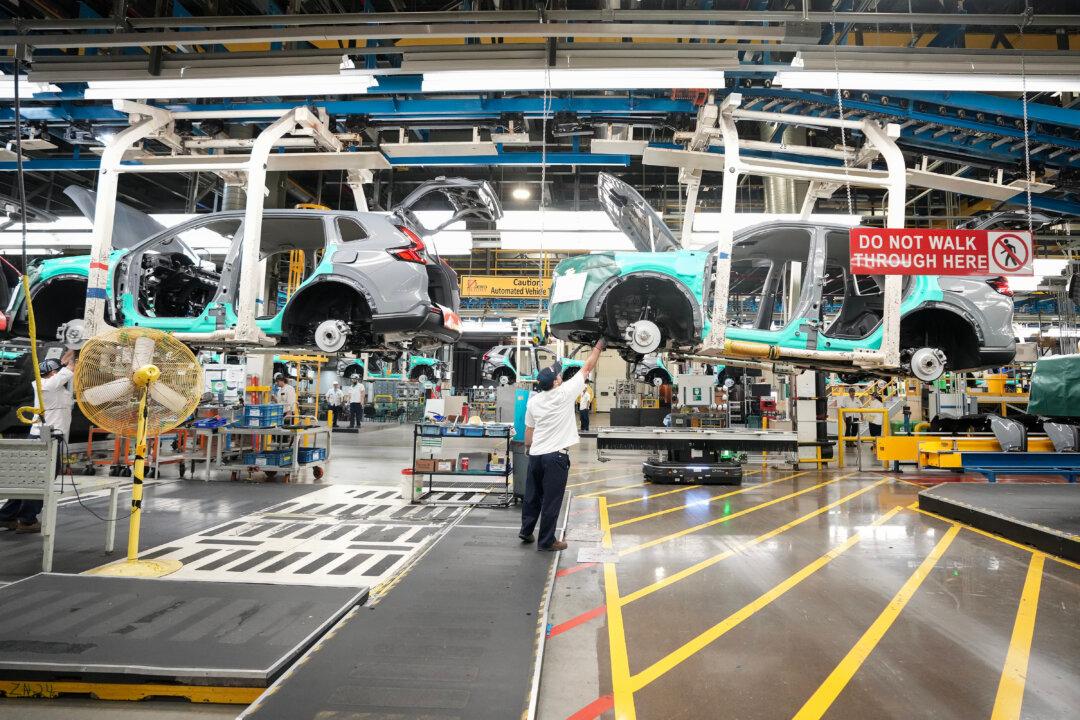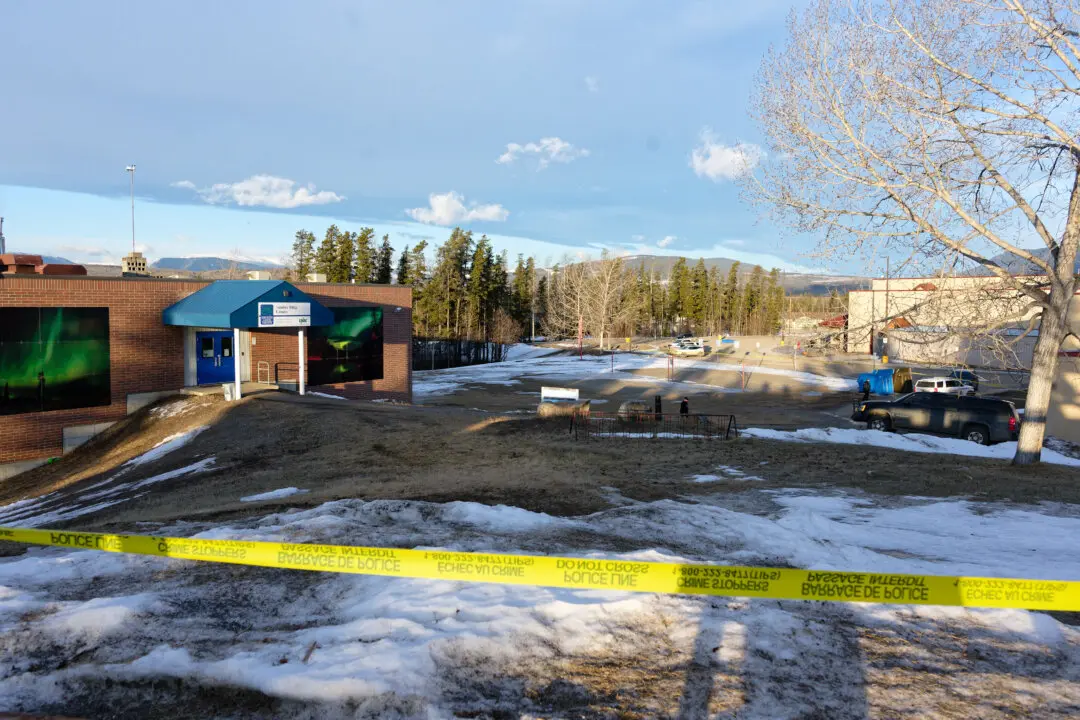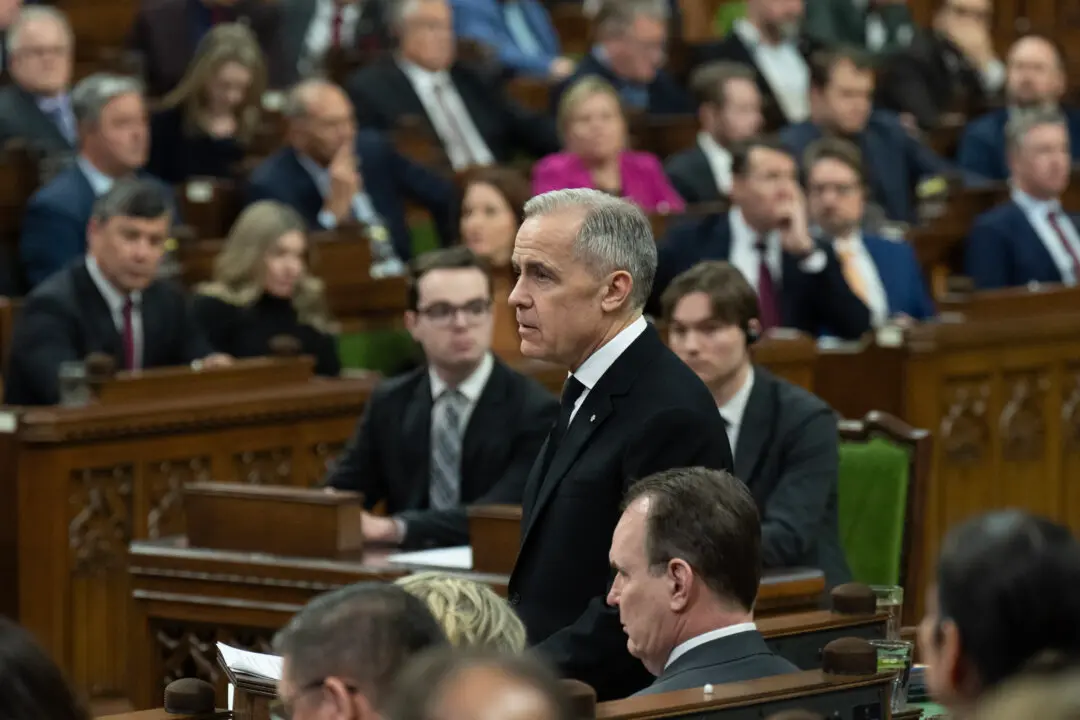Electric vehicles were considered the way of the future just five short years ago. Today, the demand for electric vehicles (EVs) and EV battery plants is waning both in Canada and globally due to a wide range of factors.
Some of the issues cited in consumer surveys on purchasing EVs include the substantial cost disparity between EVs and gas-powered vehicles, worries about their driving range, reliability in cold weather, and the availability of charging facilities. Along with the repercussions of increased interest rates and inflation, all these factors have played a role in shaping consumer behaviour since 2020.





